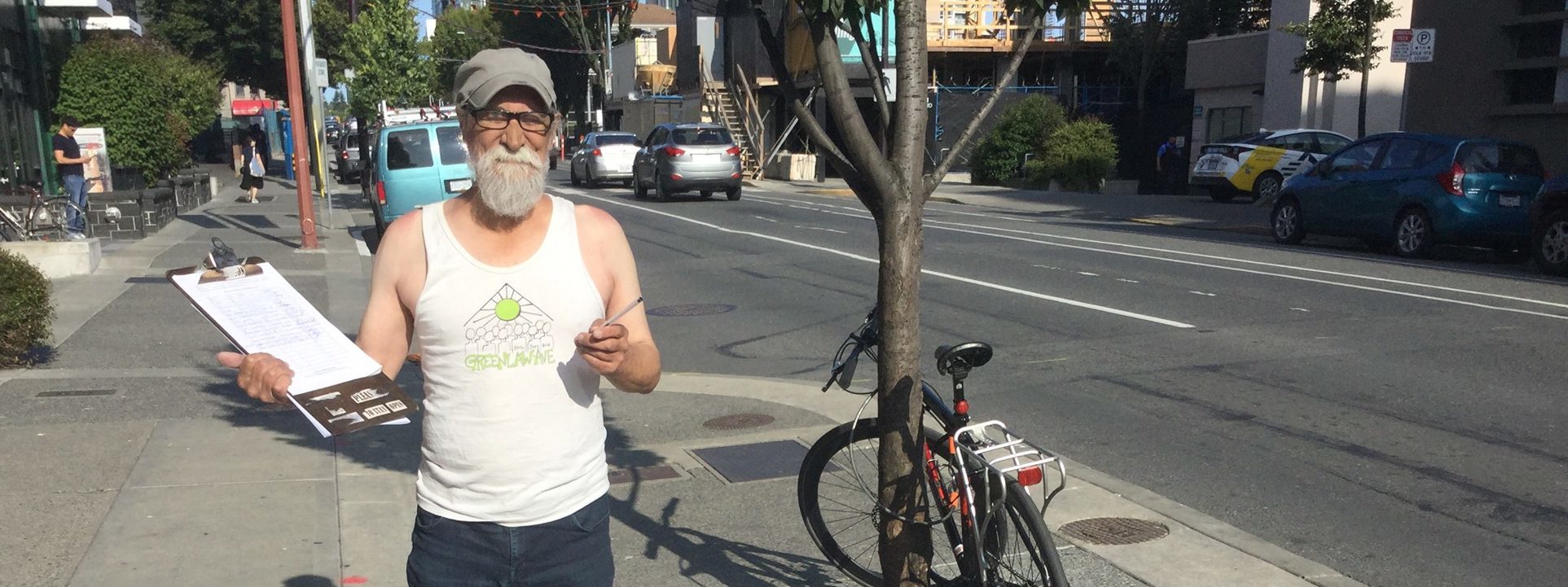By Jesse Stamm
Under Section 8 of our Charter of Rights and Freedoms, every person in Canada is guaranteed “the right to be secure against unreasonable search and seizure.” In the event that police conduct an unreasonable search, section 24 of the Charter allows the courts the power to throw out evidence that was collected during that unreasonable search (this particular argument is a large part of many criminal trials). While this is a long and arduous process, it is important to know what your rights are in order to avoid unnecessary involvement with the criminal justice system.
The starting point in determining what is an unreasonable search is what exactly is being searched. A person’s expectation of privacy is always highest in your own home, which is why it is harder for police to get a warrant to search your home than any other place. If an officer is searching with a warrant, they need to show you the warrant and have you read it before commencing their search. It is important to note exactly what is allowed on the warrant, so as to not allow extra leeway to the searching officer.
If a police officer is legally allowed to be in a place and sees something that is illegal, they do not need a warrant to seize the illegal item. Therefore, it is important to not let police officers into any place they do not have authority to be, as your consent provides them with legal authority to be there. For example, if a police officer asks you if you mind if they search your vehicle, that is usually a good indication that they do not have the “reasonable and probable grounds” to conduct the search without your permission, and you are therefore entitled to politely refuse. Likewise, if an officer asks to be allowed inside your home, you are generally within your rights to politely refuse. Of course, if an officer has a search warrant, refusing to grant them entry into a place may result in further charges of obstruction of justice.
However, if a police officer has a “reasonable suspicion” that entry into a house is necessary to protect the health and safety of a person, this is considered “exigent circumstances” and a warrant is not required to enter the house. One of the most common reasons giving police “reasonable suspicion” is a 911 call, especially one that has been dropped in the middle of the call.
Also, if you have been arrested, a police officer has the right to do a brief search of your person in the interests of their own safety. However, they generally do not have the right to search your bags or backpacks unless you have been arrested on suspicion of possession of illegal or stolen items. Similarly, if you are arrested while driving a vehicle, the police do not have the authority to search your vehicle without a warrant unless you have been arrested on suspicion of possession of illegal or stolen items. Although your protest may not prevent the officer from continuing with a search, it may be relevant in the event that a trial is needed down the road.
In summary, just like your right to not speak to a police officer, you have the right to not allow police officers to search your property or enter your home. Just remember that the manner in which you refuse may have a big effect on how the rest of your interactions with that particular officer turn out.



